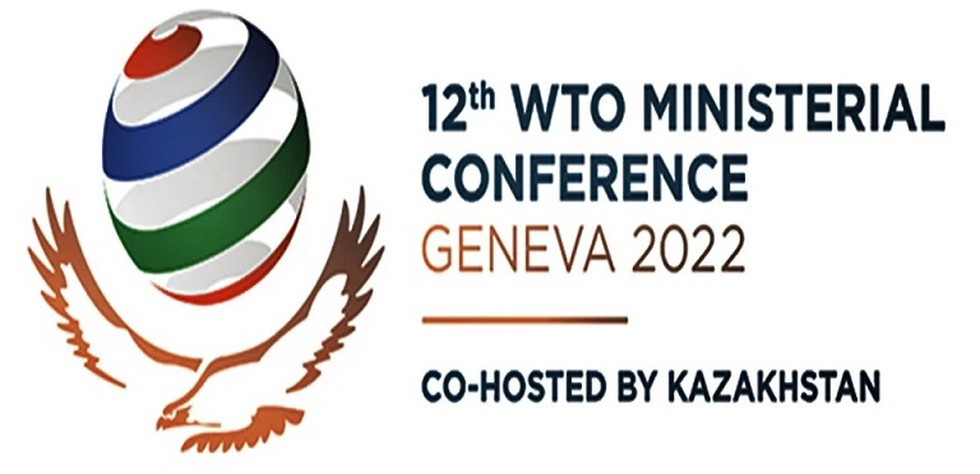12th Ministerial Conference of WTO
Context
-
After days of protracted negotiations, the 12th Ministerial Conference of the World Trade Organization, agreed to a series of deals relating to the temporary waivers on Covid-19 vaccines, a moratorium on e-commerce trade, food security and setting limits on harmful fishing subsidies.
What is the WTO and the Ministerial Conference
- The World Trade Organization is the only international organization that deals with the rules of trade between countries.
- Founded in 1995, the WTO is run by its 164 members, and according to its rules, all decisions are taken through consensus and any member can exercise a veto.
- Its aim is to promote free trade, which is done through trade agreements that are discussed and signed by the member states.
- The WTO also provides a forum for countries to negotiate trade rules and settle economic disputes between them.
- The Ministerial Conference is the WTO’s top decision-making body and usually meets every two years.
- All members of the WTO are involved in the MC and they can take decisions on all matters covered under any multilateral trade agreements.
- Unlike other organisations, such as the International Monetary Fund or World Bank, WTO does not delegate power to a board of directors or an organisational chief.
- All decisions at the WTO are made collectively and through consensus among member countries at varied councils and committees.
Curtailing harmful fishing subsidies
- The WTO passed a multilateral agreement that would curb ‘harmful’ subsidies on illegal, unreported and unregulated fishing for the next four years, to better protect global fish stocks. Since 2001, member states have been negotiating the banning of subsidies that promote overfishing.
- The current agreement, which establishes new trading rules, is the second multilateral agreement in WTO’s history.
Global Food Security
- Members agreed to a binding decision to exempt food purchased by the UN’s World Food Programme (WFP) for humanitarian purposes, from any export restrictions.
- In light of the global food shortages and rising prices caused by the war between Ukraine and Russia, the group’s members issued a declaration on the importance of trade in global food security and that they would avoid bans on food exports.
E-commerce transactions
- During the MC12 session, India has asked the WTO to review the extension of the moratorium on custom duties on e-commerce transactions, which include digitally-traded goods and services.

- The commerce and industry minister who led the Indian delegation, argued that developing countries faced the brunt of the financial consequences of such a moratorium.
- From 2017-2020, developing countries lost a potential tariff revenue of around $50 billion on imports from only 49 digital products, he said.
- WTO members had first agreed to not impose custom duties on electronic transmissions in 1998, when the internet was still relatively new. The moratorium has been periodically extended since then.
Covid-19 vaccine production
- WTO members agreed to temporarily waive intellectual property patents on Covid-19 vaccines without the consent of the patent holder for 5 years, so that they can more easily manufacture them domestically.
Reference:
Visit Abhiyan PEDIA (One of the Most Followed / Recommended) for UPSC Revisions: Click Here
IAS Abhiyan is now on Telegram: Click on the Below link to Join our Channels to stay Updated
IAS Abhiyan Official: Click Here to Join
For UPSC Mains Value Edition (Facts, Quotes, Best Practices, Case Studies): Click Here to Join
